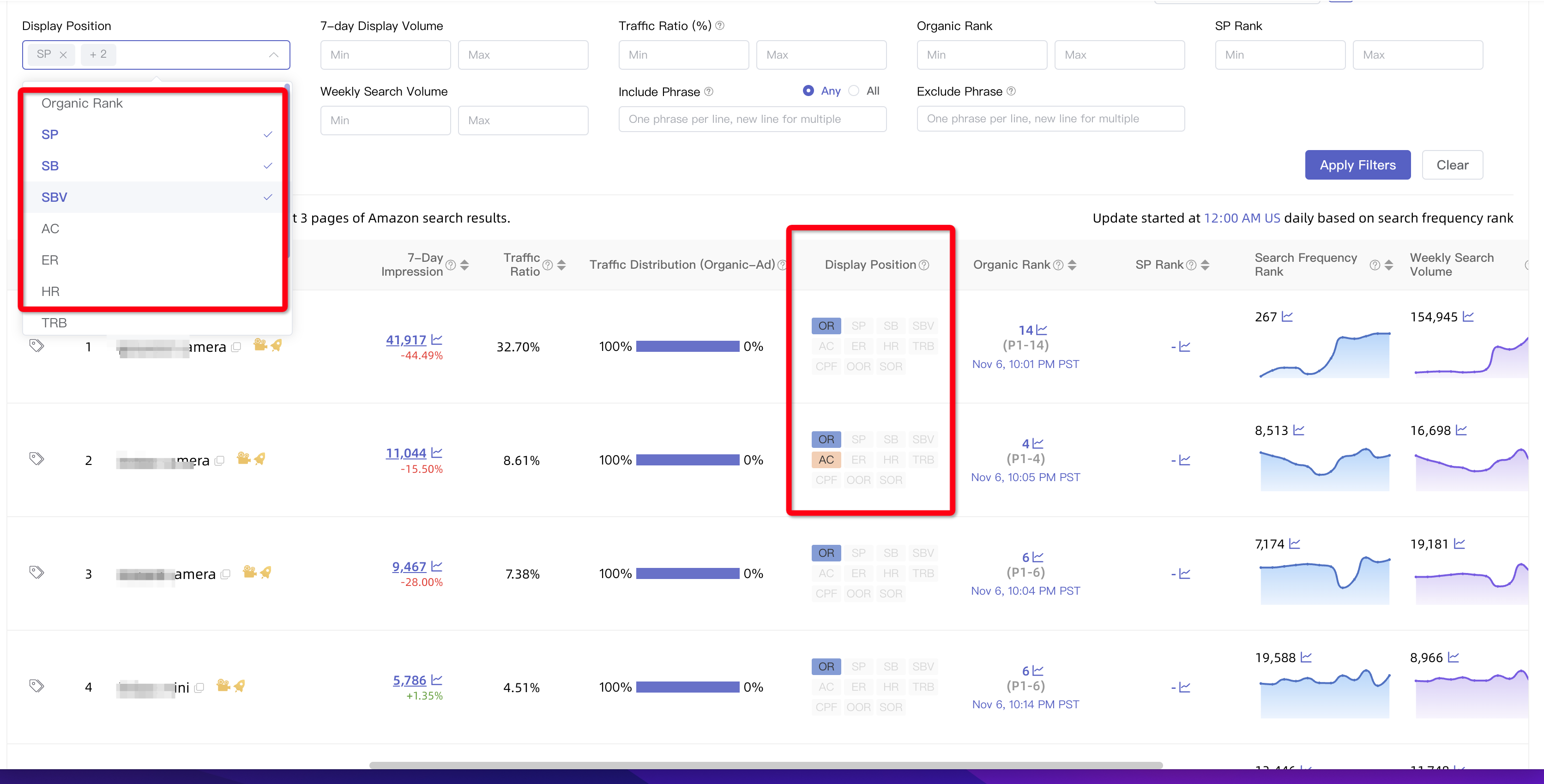How to Sell on Amazon for Beginners in 2023 | Step-by-Step Tutorial

Are you considering starting your journey as a new Amazon seller in 2023? The world's largest online marketplace offers countless opportunities, but it also comes with its unique set of challenges. In this guide, we will explore the essential steps and strategies to help new Amazon sellers navigate the dynamic world of e-commerce successfully.
1. Understanding Amazon as a Marketplace
Amazon's Dominance
Amazon's position as the largest e-commerce platform globally cannot be overstated. In 2023, it continues to be the go-to destination for online shoppers. As a new seller, tapping into this vast customer base can be incredibly rewarding, but it also means facing fierce competition.
Seller Types: FBM vs. FBA
When setting up your Amazon business, you'll need to decide whether to fulfill orders through Fulfillment by Amazon (FBA) or Fulfillment by Merchant (FBM). FBA can save you time and simplify logistics, while FBM gives you more control but requires additional effort.
Amazon's Fee Structure
Understanding Amazon's fee structure is crucial for budgeting and pricing your products effectively. Familiarize yourself with referral fees, fulfillment fees, and storage fees, as they directly impact your profitability.
2. Market Research and Product Selection
Identifying a Niche
Choosing the right product niche is the foundation of your Amazon business. Conduct thorough market research to discover opportunities, assess demand, and evaluate competition. Tools like ASINsight and Jungle Scout can assist in finding profitable niches and products.
Keyword Research
Effective keyword research is essential for visibility on Amazon. Utilize tools like ASINSIGHT or Amazon's own Keyword Tool to discover relevant and high-traffic keywords to incorporate into your product listings.


Product Sourcing
Decide whether you'll source products from manufacturers, wholesalers, or consider private labeling. Consider factors like quality, cost, and exclusivity when choosing your sourcing method.
3. Setting Up Your Amazon Seller Account
Choosing the Right Seller Plan
Select the appropriate seller plan based on the scale of your business. Individual plans are suitable for beginners, while professional plans offer more features but come with a monthly fee.
Registering Your Business
Provide accurate and verifiable business information during account setup. Amazon uses this data for verification and customer communication.
Setting Up Your Payment Information
Link your bank account to your Amazon Seller Account to receive payments from sales. Verify your payment information to avoid payment issues later.
4. Creating Winning Product Listings
High-Quality Images
Invest in professional product photography. High-quality images have a significant impact on conversion rates and overall sales.
Compelling Product Descriptions
Write engaging and informative product descriptions. Highlight the features, benefits, and unique selling points of your products.
Optimizing for Keywords
Incorporate relevant keywords into your product titles, bullet points, and descriptions. Proper keyword optimization improves your product's visibility in search results.
5. Pricing and Competitive Strategies
Determining Your Product Prices
Research competitor prices and set competitive but profitable pricing for your products. Regularly adjust your prices to remain competitive.
Competing with Other Sellers
Monitor your competitors, but focus on your unique selling propositions and customer service to differentiate yourself.
Managing Discounts and Promotions
Offer promotions or discounts to attract initial customers and garner positive reviews. Balancing competitive pricing with promotional offers can be a winning strategy.
6. Fulfillment Methods
Fulfillment by Amazon (FBA)
Fulfillment by Amazon is a convenient option that takes care of storage, packaging, and shipping. It can save you time and ensure reliable delivery.
Fulfillment by Merchant (FBM)
Fulfillment by Merchant involves managing all aspects of order fulfillment. This method gives you more control but requires additional effort and logistics management.
Selecting the Right Fulfillment Method for Your Business
Choose the fulfillment method that aligns with your business model, budget, and long-term goals. Some sellers use a combination of FBA and FBM for flexibility.
7. Optimizing for Amazon SEO
Keyword Placement
Integrate your researched keywords into product titles, bullet points, and descriptions. Proper keyword placement is vital for high search result rankings.
*You can find high-value and related keywords by using reverse ASIN lookup of ASINSIGHT.
![]()
Backend Keywords
Don't forget to include relevant keywords in the backend of your product listings. This hidden data boosts your product's discoverability.
Managing Your Inventory
Maintain a balance in your inventory management. Running out of stock can affect your rankings and customer trust, while overstocking can incur storage fees.
8. Utilizing Amazon Advertising
Sponsored Products
Leverage Amazon's Sponsored Products advertising to boost visibility. Create targeted campaigns to reach your desired audience and increase sales.
*You can find your competitors' PPC strategy by using ASINSIGHT.

Sponsored Brands
Sponsored Brands allow you to promote your brand and product line. It's an excellent way to create brand awareness and attract customers to your offerings.
Amazon Display Ads
Amazon Display Ads offer off-Amazon advertising opportunities. These ads can increase brand visibility and drive external traffic to your Amazon listings.
9. Providing Exceptional Customer Service
Handling Customer Inquiries
Be responsive to customer inquiries and issues. Timely and helpful responses can lead to positive reviews and loyal customers.
Managing Returns and Refunds
Establish clear return and refund policies. Handling returns professionally can improve your seller rating and customer satisfaction.
Monitoring Feedback and Reviews
Regularly check customer feedback and reviews. Address any negative feedback promptly, and encourage satisfied customers to leave positive reviews.
10. Building Your Brand on Amazon
Creating a Unique Brand Identity
Develop a unique brand identity that sets your products apart from the competition. A compelling brand story can resonate with customers.
Amazon Brand Registry
Consider enrolling in Amazon's Brand Registry. This program helps you protect your brand, enhance product detail pages, and gain additional advertising tools.
Enhancing Your Product Packaging
Invest in appealing and informative product packaging. Packaging is the first physical interaction customers have with your brand.
11. Expanding Your Product Line
Diversification Strategies
Diversify your product offerings to cater to a broader audience and reduce risk. Expanding into complementary product categories can boost your revenue.
Introducing Complementary Products
Identify and introduce complementary products to your existing lineup. Cross-selling can increase the average order value.
Scaling Your Business
As your business grows, consider scaling up operations, investing in more inventory, and exploring new sales channels.
12. Dealing with Competition and Challenges
Monitoring Competitors
Keep an eye on your competitors and their strategies. Staying aware of market trends and competitors' moves can help you stay ahead.
Dealing with Counterfeiters
If you encounter counterfeit product issues, report them to Amazon. Protect your brand and intellectual property rights diligently.
Handling Price Wars
Price wars can hurt your profitability. Focus on offering unique value, excellent customer service, and quality to avoid getting dragged into price battles.
13. Compliance and Legal Considerations
Sales Tax and Amazon
Understand sales tax regulations in your area and ensure compliance. Amazon provides tools to help with sales tax collection and remittance.
Intellectual Property and Brand Protection
Protect your brand and intellectual property. Register trademarks and take action against unauthorized sellers who infringe on your rights.
Global Selling and International Regulations
If you're considering international expansion, familiarize yourself with the regulations and tax implications of selling in different countries.
14. Staying Informed and Adapting
Continuous Learning
The e-commerce landscape is ever-evolving. Stay updated with industry news, follow Amazon's announcements, and keep learning about new tools and strategies.
Adapting to Amazon's Changes
Amazon frequently updates its policies and algorithms. Be flexible and adapt your strategies to remain compliant and competitive.
Networking and Collaboration
Connect with other sellers and e-commerce professionals. Collaborative efforts, mentorships, and networking can provide valuable insights and support.
15. Measuring Success and Setting Goals
Amazon Seller Analytics
Leverage Amazon's seller analytics tools to track your performance. Analyze data to make informed decisions.
Evaluating Your Performance
Regularly assess your business's performance against your goals. Identify areas for improvement and make necessary adjustments.
Setting Future Goals
Set achievable goals for your Amazon business. Whether it's increasing sales, expanding product lines, or entering new markets, having clear objectives is essential for growth.
Conclusion
Selling on Amazon as a new seller in 2023 offers immense potential for success, but it requires dedication, strategy, and adaptability. By following this comprehensive guide, you can embark on your Amazon selling journey with a solid foundation and a clear roadmap for growth. Keep learning, stay updated, and remain committed to providing exceptional customer service, and you'll be well on your way to a thriving Amazon business.
Remember, while this guide provides a comprehensive overview of selling on Amazon, the specifics of your journey may vary. Continuously assess your unique business needs and adapt your strategies accordingly. Good luck on your Amazon selling adventure in 2023!